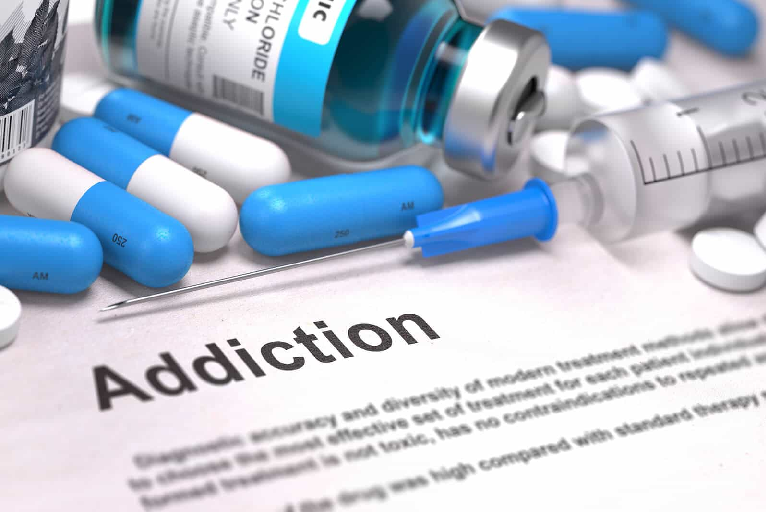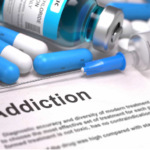New findings published at HIMSS14 show that clinicians not only want to use mobile technology for patient care but also actually using mobile devices and applications in their current practice.
The 3rd Annual HIMSS Analytics Mobile Survey reveals that 83 percent of physicians are already using mobile technology to provide patient care. For the most part, they are either looking up patient information or searching for health information that doesn’t fall into the category of protected health information (PHI).
“The mobile health market is one of the fastest growing areas in the health IT space. We recognize the growing importance of mobile technologies and its impact to transform the delivery of patient care,” Senior Director of mHIMSS David Collins said in a public statement.
The survey focuses on the following areas:
• New Care Models
• Technology
• ROI/Payment
• Legal & Policy
• Standards & Interoperability
• Privacy & Security
Despite the desire of physicians to access patient information via mobile technology, there remains a prevailing lack of integration between mobile device data and EMR systems. Less than one-quarter (23%) reported that no less than three-quarters the information in their mobile devices was integrated with their EMRs. The remaining respondents either had none (22%) and less than 25 percent (27%) of the data capture in their mobile devices integrated into the EMR.
Compared to last year’s survey, there hasn’t been tremendous year-over-year growth. In 2012, 22 percent of those surveyed had all of their data integrated into the EMR and 21 percent had no integrated data whatsoever.
A breakdown of how mobile devices integrate with the organization’s network shows that most of these communications (65%) occur via wireless LAN. The next highest percentage relied on cellular communications via CSM, EDGE, and 3G and 4G networks.
A promising finding relative to the mobile EHR integration was in the form of remote monitoring devices being able to communicate with clinicians via alert systems. More than half (57.9%) reported that information from remote monitoring devices led to generation of alerts in the EMR and clinical systems. Nearly half (44.2) indicated that they would receive notifications on their mobile devices via SMS. A similar number (41.1%) reported the receipt of emails.
While clinicians are increasingly relying on their mobile devices to improve the usability of health IT in providing patient care, they lack a level of integration that would allow patient information and care coordination along the care continuum. Progress is being and clinicians are receiving alerts, but having real-time actionable information at the point of care where it would have the biggest impact.
Read the complete survey here.


























